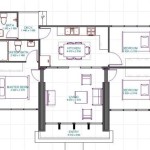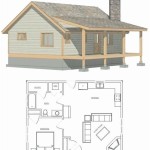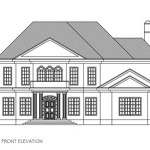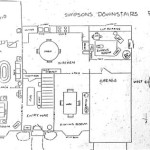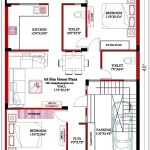Essential Aspects of the 41st Canadian House of Commons Seating Plan
The Canadian House of Commons is a lively and dynamic institution where debates, discussions, and decisions shape the nation's future. The seating plan of the chamber plays a crucial role in facilitating these interactions and ensuring the smooth operation of Parliament. This article explores the essential aspects of the 41st Canadian House of Commons seating plan, providing insights into its history, principles, and implications.
Historical Roots and Significance
The seating plan of the House of Commons has a long and rich history. It is rooted in the Westminster parliamentary system, which originated in the United Kingdom. The British House of Commons chamber is divided into two sides, with the government members seated on the Treasury benches to the right of the Speaker and the opposition members seated on the Opposition benches to the left. This arrangement reflects the adversarial nature of the parliamentary system, where the government and opposition parties engage in debates and scrutinize each other's policies.
Layout and Design
The Canadian House of Commons chamber is a rectangular room with a central aisle separating the two sides. The Speaker's Chair is located at the north end of the chamber, with the government benches to the Speaker's right and the opposition benches to the left. The front benches are reserved for cabinet ministers, party leaders, and opposition critics, while backbenchers occupy the seats behind them. The chamber also features a table where members can place documents during debates, as well as a gallery where members of the public, media, and other dignitaries can observe proceedings.
Principles of Seating Arrangement
The seating plan of the House of Commons is not arbitrary but adheres to certain principles that enhance functionality and promote a productive debating environment. Foremost among these principles is the adversarial nature of the parliamentary system, which requires clear distinction between government and opposition members. The seating arrangement facilitates this distinction, enabling members to engage in debates and hold each other accountable.
Another principle guiding the seating plan is the need for flexibility and adaptability. The number of seats allotted to each party reflects the results of the most recent election, and the seating arrangement is adjusted accordingly. This ensures that the balance of power in the chamber is accurately represented.
Implications for Parliamentary Proceedings
The seating plan of the House of Commons has significant implications for parliamentary proceedings. It influences the dynamics of debates, the effectiveness of members' interventions, and the overall atmosphere of the chamber. Members seated closer to the Speaker have an advantage in catching the Speaker's eye and participating in debates, while those seated further away may find it more challenging to make their voices heard.
Moreover, the physical separation between government and opposition members can reinforce partisan divisions and inhibit cross-party collaboration. However, the seating arrangement also provides opportunities for members from different parties to interact informally during breaks and in committees, fostering dialogue and building relationships.
Recent Developments and Future Considerations
The seating plan of the House of Commons is not static but has evolved over time to meet changing needs and reflect new priorities. In recent years, there have been calls for a more modern and inclusive chamber design that better accommodates the diversity of members and promotes a more collaborative working environment. These considerations are likely to shape future discussions and decisions regarding the seating plan of the Canadian House of Commons.
Conclusion
The seating plan of the 41st Canadian House of Commons is a carefully designed arrangement that facilitates parliamentary proceedings and reflects the adversarial nature of the parliamentary system. It embodies principles of functionality, flexibility, and representation, while also influencing the dynamics of debates and the overall atmosphere of the chamber. As the House of Commons continues to evolve, the seating plan will undoubtedly adapt to meet changing needs and priorities, ensuring that the chamber remains a vibrant and effective forum for democratic governance.
File 41st Can House Svg Wikipedia

House Of Commons Wikipedia

File 41st Can House Svg Wikipedia

File 2024 Federal Election Seats Svg Wikipedia

File Senate Of Seating Plan 42nd Parliament Svg Wikimedia Commons

42nd Canadian Parliament Wikidata

Senate Of Wikimedia Commons
File British Columbia 42nd Legislature Seating Plan Svg Wikipedia

Sitting Calendar House Of Commons

File British Columbia 42nd Legislature Seating Plan Svg Wikipedia



